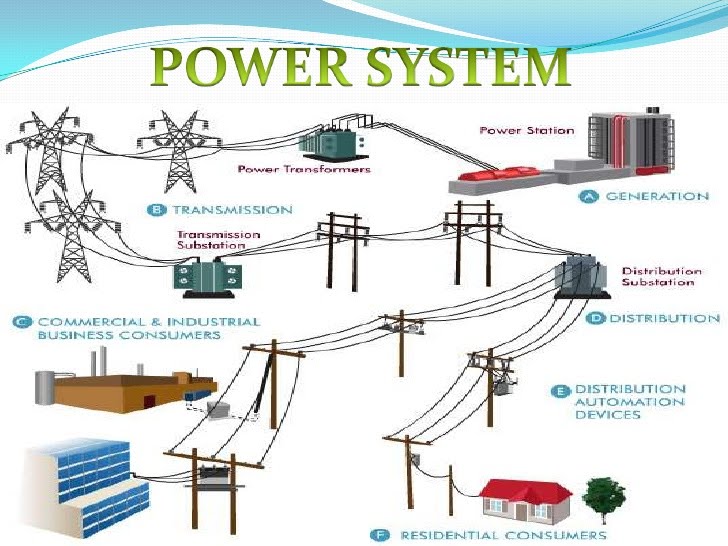
SCHEDULE : 13-15 SEPTEMBER
COURSE OVERVIEW
This training course covers the essential elements of power system analysis, both from a theoretical and practical viewpoint. Modeling of power system and simulation are essential for understanding the system operation and response. Studying faults analysis and model are essential to recommend the continuity of supplying power. Understanding types of faults and expecting their locations are important to avoid lack of supplying power. Types of buses, their rates and operating conditions are vital to keep your standard in supplying power. Many practical case studies will be covered to enhance understanding the power system operation and continuity of power flow.
This popular training course will support you to develop, design, analyze, understand, simulate and figure out power system faults, load flow and how to model and simulate such systems in practices. Many practical case studies and problem will be presented to enable you how to detect the power system faults and to understand their effect of the power system operation. You will also develop skills in working well with such faults and analysis.
OBJECTIVES
By the end of this training course, you will be able to:
1. Perform three-phase power system calculations using phasor analysis and the per-unit system
2. Model key power system components, such as transmission lines, transformers, generators and loads
3. Understand power flow analysis and know the basics of operating a power system
4. Use symmetrical component theory and sequence networks to analyze short-circuit faults
5. Understand the equal-area criterion for transient stability
PARTICIPANTS
1. Engineers and supervisors in consultation and contracting track
2. Engineers who interested in design and installation of electrical power infra-structure
3. Supervisors engineers and other technical staff
4. Professionals involved with the generation, transmission, distribution, or utilization of electric power
5. Individuals working on integrating renewable energy resources into the existing power grid
6. Engineers and technicians new to the power industry
COURSE OUTLINE
Amongst a wide range of valuable topics, the following will be prioritised:
- Introduction, Math Review and System Modeling
- Power System Components, Modeling and Analysis
- Faults Types analysis and modeling
- Harmonic analysis
- Voltage Drop Calculations and Cable Routings
- Power Flow Analysis
- Generation Control, Economic Dispatch and Unbalanced System Analysis
- Symmetrical Components and Sequence Networks
- Short Circuit Calculations and Transient Stability
- ETAP Software for modeling and analysis





